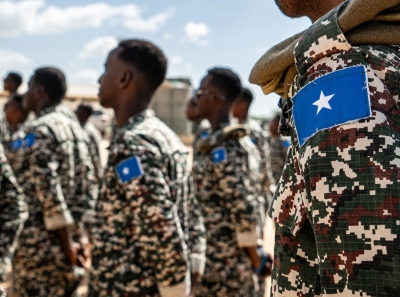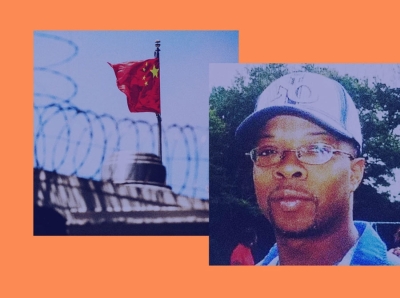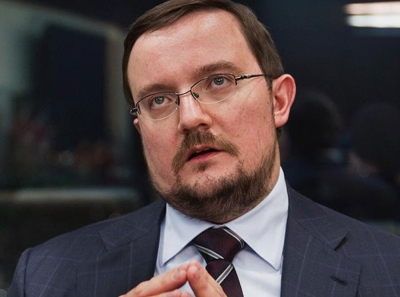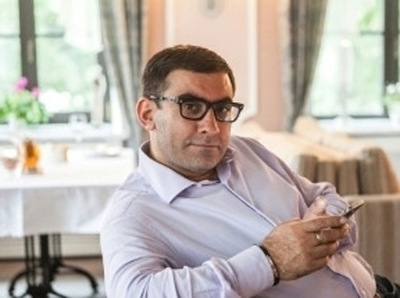Middle East: Israel’s ground offensive delayed?
Israel’s ground offensive in the Gaza Strip, which has been in preparation for two weeks and announced several times, continues to be delayed. France’s President Macron has now proposed that the international military coalition against Islamic State, which was founded almost a decade ago, should also fight Hamas. A look at Europe’s opinion sections underlines how complex the decision is for Israel.
Dilemma delaying a decision
Toms Rostoks, director of the Centre for Security and Strategic Research at the National Defence Academy of Latvia, comments on Delfi:
“The Israeli armed forces must try to find a balance in order to dismantle Hamas’s infrastructure on the one hand but avoid causing many casualties among the civilian population and the Israeli army on the other. The problem is the tunnels built by Hamas. In theory there could be a number of ways to deal with them, but it is very likely that hostages are being held there. ... Israel faces a major dilemma about what to do and this has delayed the ground offensive in Gaza.”
Anti-government protests could flare up again
The mood among Israelis could slow Netanyahu down further, The Economist believes:
“Pressure from the families has already forced the government to change its plans. ... The hope of an agreement with Hamas on releasing at least some hostages is one reason Israel’s invasion of Gaza has been delayed. ... The anguish of the hostages’ families is feeding a wider fury felt by many Israelis over what they see as the government’s slow and inept provision of relief to the communities devastated by Hamas and to the thousands who have been forced to leave their homes. Since the attack, the movement opposing Mr Netanyahu’s government has suspended all demonstrations against it. But the respite may not last.”
Respond with a clear head
The US’s reaction to 9/11 should be a warning to Israel, Der Spiegel recommends:
“The United States had the trust and sympathy of large parts of the world after the attack, but it squandered both because the war in Iraq spread not democracy but chaos; and because the US threw its own values overboard in the fight against terror. ... What Israel does in this war will determine not only how the country is perceived, but also whether there is a chance for a lasting peace afterwards. ... In other words: Israel — unlike the US — should respond to its 9/11 with a clear head. It should exchange the hot-headed desire for revenge for a cool-headed plan.”
Consider all ramifications
Commenting in NV, former Ukrainian foreign minister Pavlo Klimkin points to problems Israel should be prepared for if it launches a ground offensive:
“If this operation begins and some of the hostages are executed, perhaps even live on TV (we live in a media world), it will break many people’s hearts and shatter their brains. ... And there is also a strategic issue: Israel can invade Gaza. It has the possibility to do this. The question is how it will get out. Israel was already in Gaza before 2005. And then withdrew. So what? Well, Hamas won the elections after it left.”
Tricking Hamas into making mistakes
Israeli journalist Igor Litwak explains on Echo why Israel may be delaying its ground offensive:
“I am not at all sure that Israel will start a ground war any time soon. That it will start it, I am sure. But I’m not so sure about ‘soon’. ... Waiting for an invasion is far more unpleasant for the side whose territory is to be invaded. The people there will be constantly on edge, expecting it to start at any moment. And when people are nervous they make mistakes. ... And the key advantage of the attacking side: knowing when the attack will begin.”









